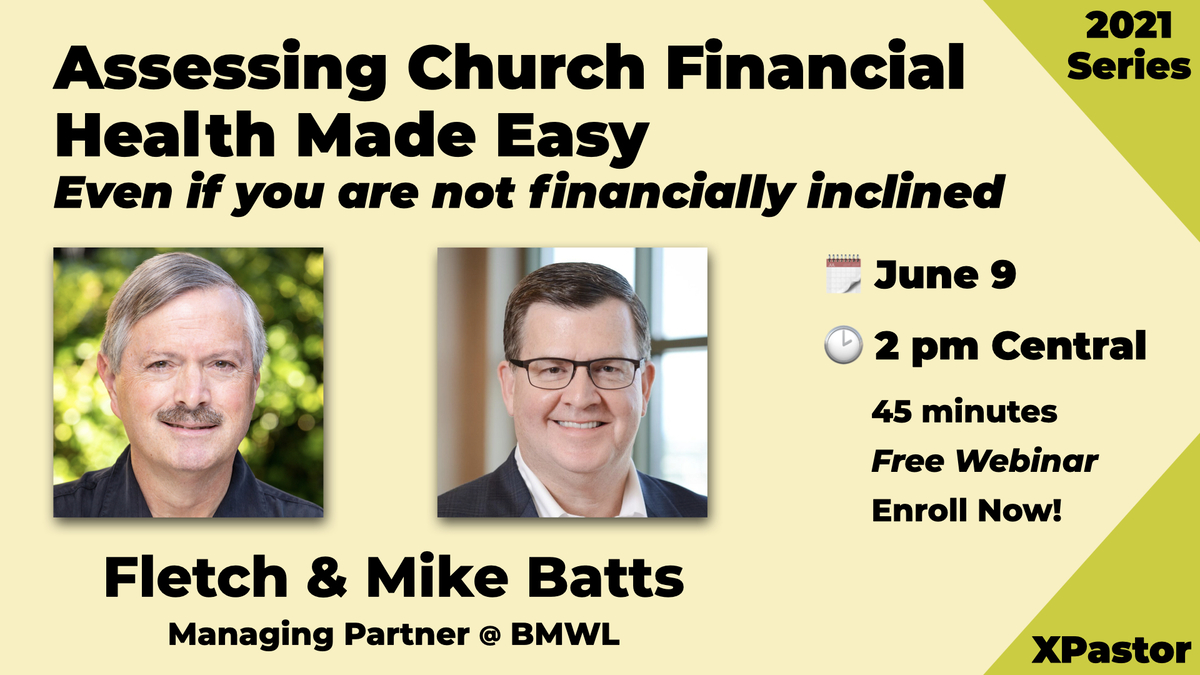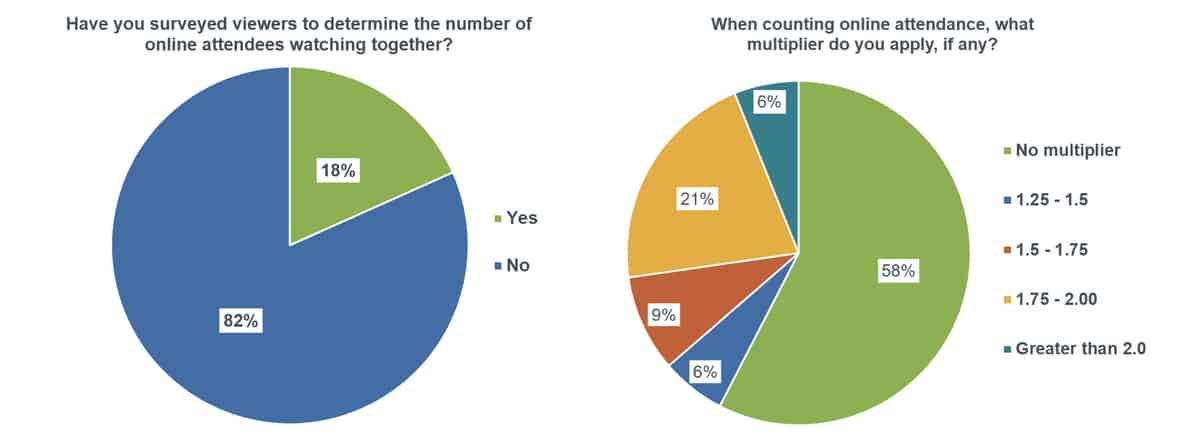Wednesday, October 3, 2018
Hey Fletch … Our church staff can purchase items from their own funds and then be reimbursed. This happens a lot with youth trips and out-of-town ministry. We have a policy that says that all receipts should be turned in within 60 days. Otherwise the reimbursement may be considered as taxable income. I have a staff member who turned in receipts that are 6 months old, then they hit the roof when I reminded them of our policy. Are we wrong or doing something illegal with this policy?
DRF—Since this is a tax issue, let’s see what the IRS has to say about the topic. In Publication 463, the issue is raised when talking about an Accountable Plan:
To be an accountable plan, your employer’s reimbursement or allowance arrangement must include all of the following rules. Your expenses must have a business connection—that is, you must have paid or incurred deductible expenses while performing services as an employee of your employer. You must adequately account to your employer for these expenses within a reasonable period of time. You must return any excess reimbursement or allowance within a reasonable period of time.
The three elements are a valid business expense, adequate reporting and a reasonable time.
Your question hinges on how to “adequately account to your employer for these expenses within a reasonable period of time.” The IRS gives some guidelines on what is a reasonable amount of time:
The definition of reasonable period of time depends on the facts and circumstances of your situation. However, regardless of the facts and circumstances of your situation, actions that take place within the times specified in the following list will be treated as taking place within a reasonable period of time. You receive an advance within 30 days of the time you have an expense. You adequately account for your expenses within 60 days after they were paid or incurred.
A good practice for reimbursing expenses is that receipts must be turned in no later than 60 days after the expense was made. If the receipts are not submitted in a timely fashion, the church may need to consider it income to the employee.
Your church is acting legally and in accordance with the tax laws. I would suggest that you have clear, written policy for the reimbursement process. You may want to have a summary of those procedures on every reimbursement form that your employees use. Pastors are hired primarily for their shepherding gifts, not for their financial abilities. Help them by providing them with good forms that include a summary of your church’s policy.










